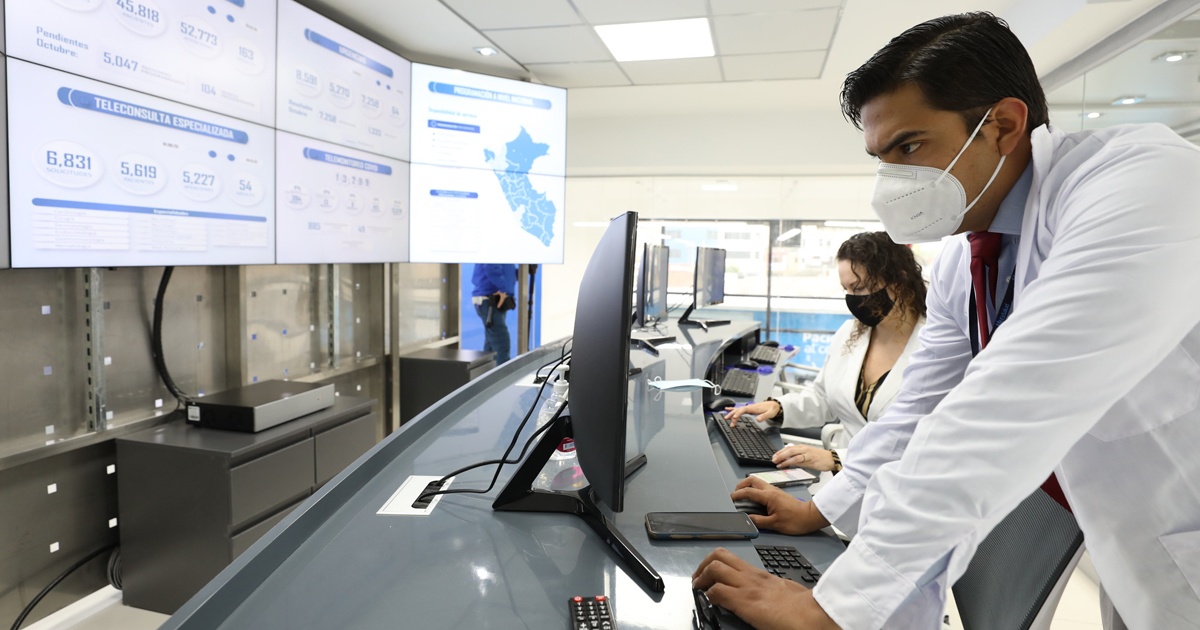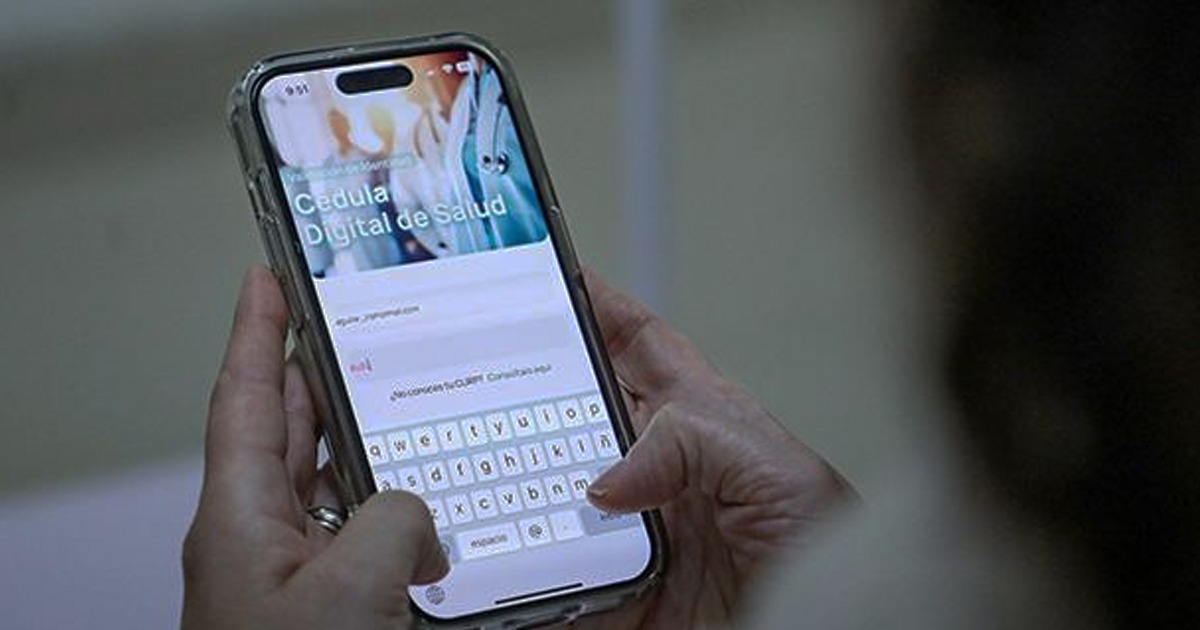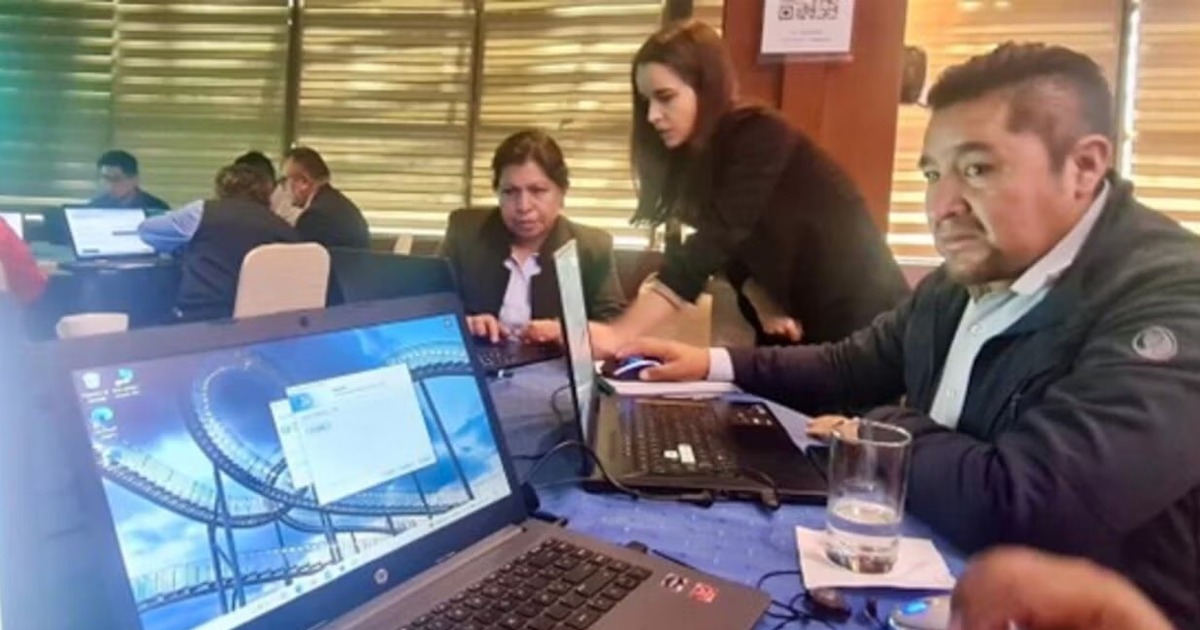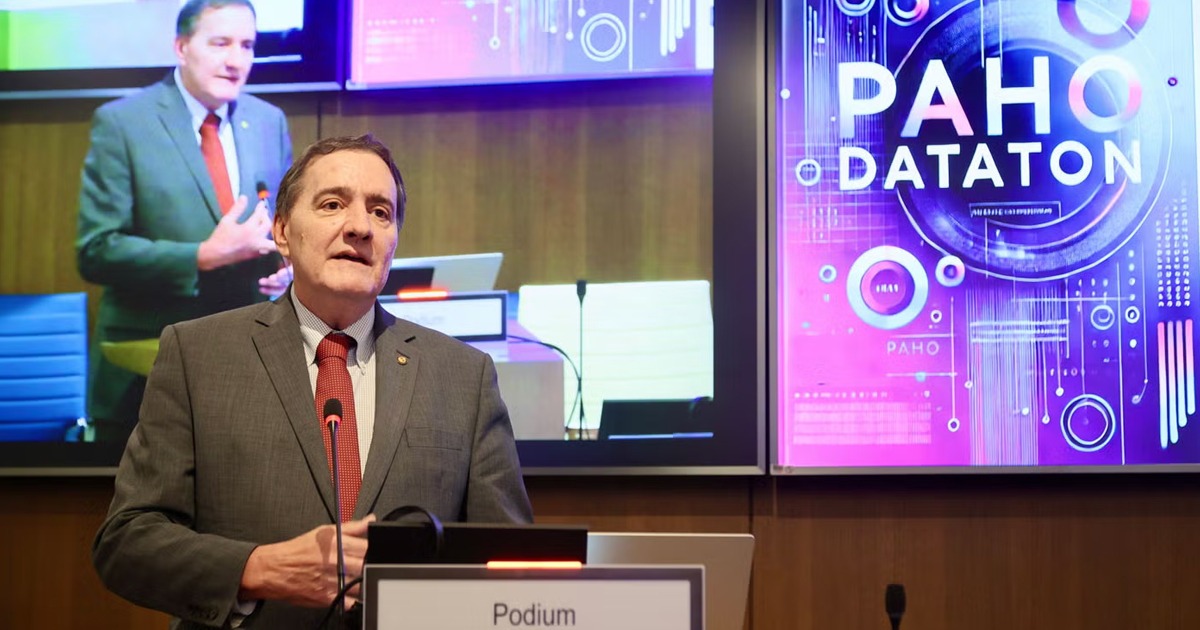The World Health Organization (WHO), released on March 19the document, "Interim guidance for developing a Smart Vaccination Certificate.”
The concept of a digital vaccination certificate, or as WHO calls them, smart vaccination certificates (SVCs), is intended to be a documentation mechanism for the user to verify that he or she has received a vaccine, in the current context specifically focused on the anti-COVID-19 vaccine. This document should be considered secure and superior to any physical certificate that can be forged or obtained illegally, and eliminates the problems of reading certificates that are filled out by hand.
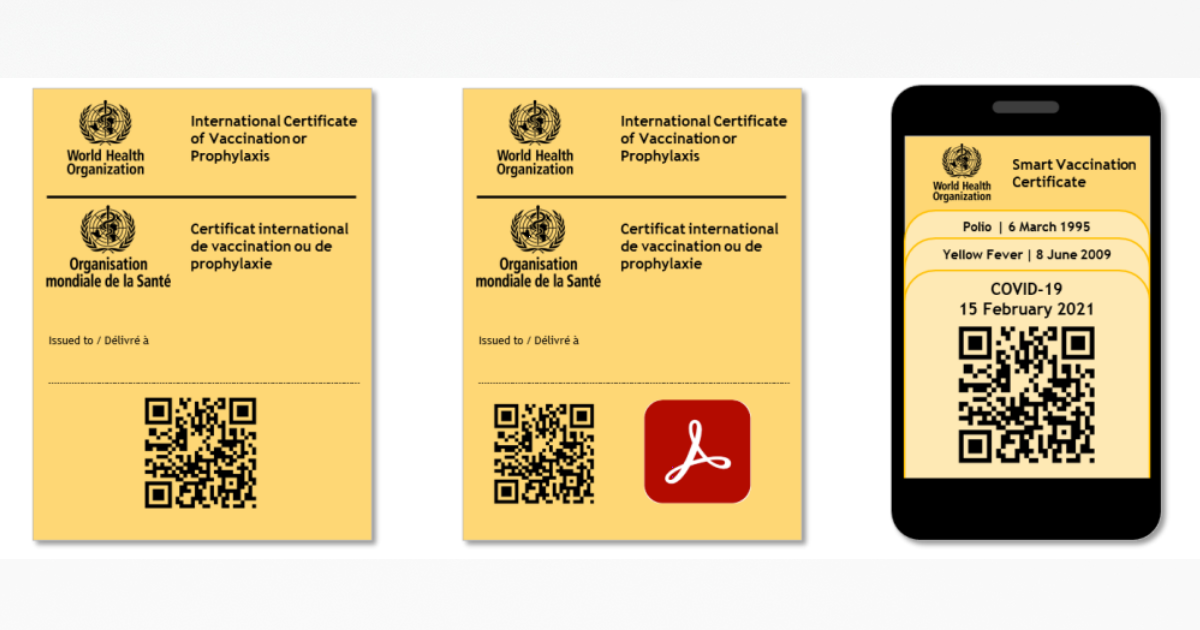
WHO has developed the draft version of a guide for the creation and implementation of SVCs, which includes technical specifications and was written in collaboration with specialists from a multidisciplinary group.
“A vaccination certificate is a medical document that records a vaccination service that an individual has received. Digital vaccination certificates, or cards, refer to digital immunization records that are accessible by the vaccinated person, and serve the same purposes as traditional home-based records: they provide a tool to ensure continuity of care and a proof of vaccination”, the WHO explained in the document.
However, SVCs consider two options, a fully digital one that can be consulted in an application and/or on a server hosted in the cloud, or a "digital twin", in other words a paper vaccination card that has a printed barcode, which can be scanned to redirect to the digital document.
Among the benefits of implementing this type of certificates are the reduction of fraud and falsification of similar documents, in addition to offering security when traveling internationally, especially in the current context with the restrictions of each country
In the document, WHO proposes the following principles for the creation of a global and interoperable SVC system:
- Equity: Ensuring that SVCs do not further pre-existing inequities or create new ones.
- Accessibility: Ensuring that SVCs are accessible to all, including through the use of open standards.
- Privacy protecting: Ensuring that individual privacy rights are respected and protected.
- Scalability, flexibility and sustainability: Ensuring that SVCs can reach global scale, are sustainable beyond the COVID-19 pandemic, are adaptable for other contexts and uses, and take into account environmental sustainability of the various solutions implemented.
You can read the full document by clicking on the following link: https://cdn.who.int/media/docs/default-source/documents/interim-guidance-svc_20210319_final.pdf?sfvrsn=b95db77d_11&download=true
